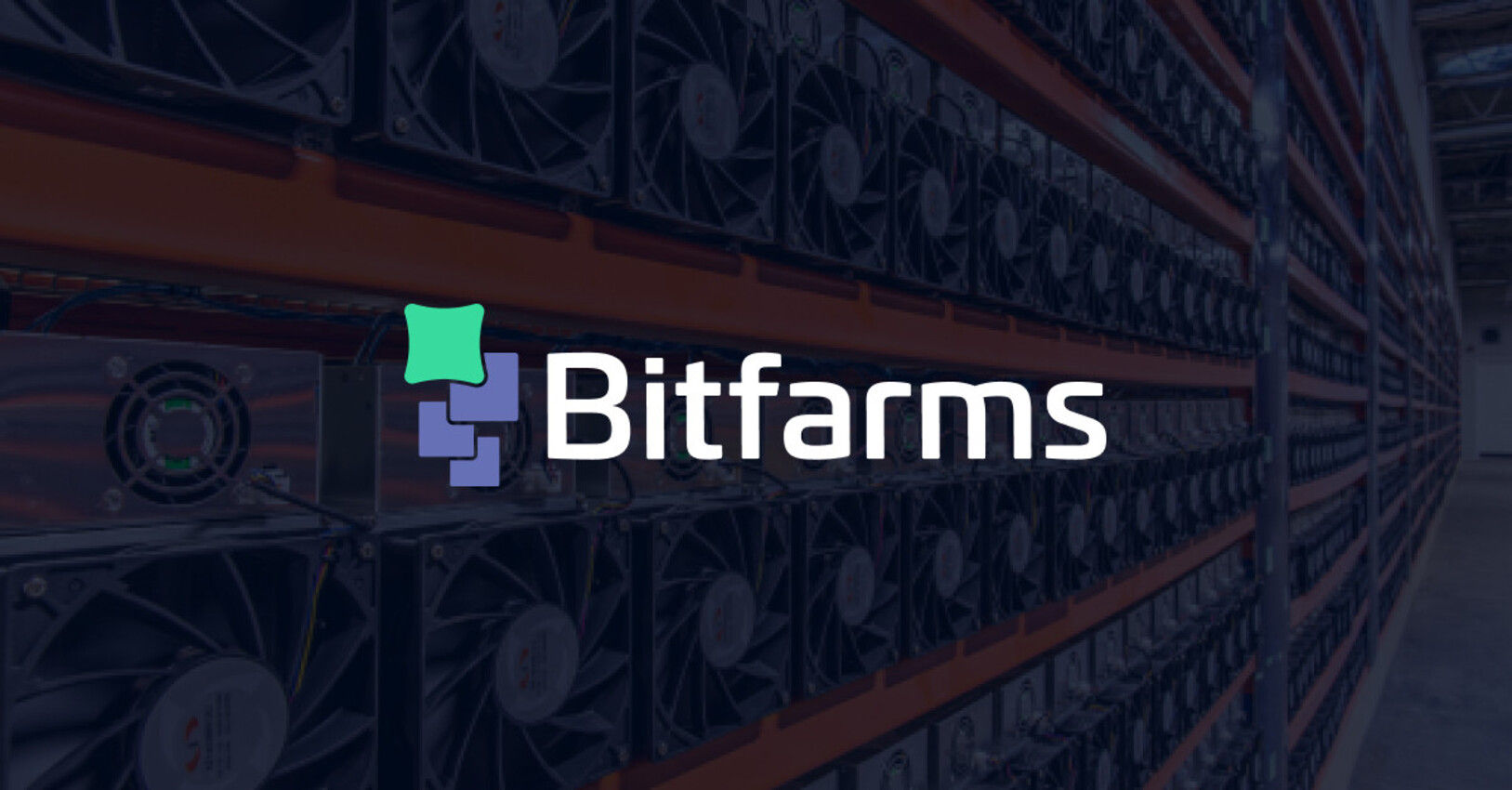Riot Platforms on Thursday criticized Bitfarms’ move to enact a poison pill to potentially evade the company’s takeover. According to a report by Reuters, Riot Platforms believes that Bitfarms’ decision to use a poison pill to prevent the Bitcoin miner from buying it was “shareholder unfriendly” and demonstrated the absence of strong corporate governance guidelines.
Riot announced on Wednesday that it had secretly pushed Bitfarms to oust Nicolas Bonta, the company’s chairman and acting CEO, and appoint a minimum of two new independent directors to the board. The disagreement originates from Riot’s unsolicited April offer to purchase Bitfarms for around $950 million. Bitfarms rejected the offer, claiming it endorsed a poison pill plan to thwart any attempts at a hostile takeover and grossly undervalued the company.
Bitfarms Decision to Take “Poison Pill”
As Bankless Times previously reported, Bitfarms has moved defensively to prevent Riot Platforms, a rival, from assuming hostile control. Bitfarms said on Monday that it had approved the use of a “poison pill” to foil any potential hostile takeover attempt by Riot Platforms.
The phrase “poison pill” originated with the idea of obtaining a majority stake that would be disadvantageous to the buyer. Poison pills are used to deter someone or something from trying to take over a firm in a hostile manner.
It is evident that Riot’s interests do not coincide with those of its shareholders, Bitfarms stated late on Wednesday. In an attempt to forward its “low-ball bid and disrupt” the strategic alternatives assessment process, Riot is “attacking” its board and corporate governance, according to Bitfarms.
Why Is Bitfarms Acquisition Important For Riot?
Riot Platforms’ vision of acquiring Bitfarms stems from the basic need to have a hold in the Bitcoin mining sector. Riot had made an offer to buy all of Bitfarms Ltd.’s outstanding shares for US$2.30 per Bitfarms common share, with a current valuation of US$950 million.
This year has been terrible for cryptocurrency miners due to the halving of mining rewards, the increase in mining difficulty, and the slick new bitcoin exchange-traded funds (ETFs) that are sucking investor money. Many smaller miners have less access to finance and less negotiating power with electricity companies, while some larger miners, like Riot, have been able to maintain cash flow and prosper despite the halving.













